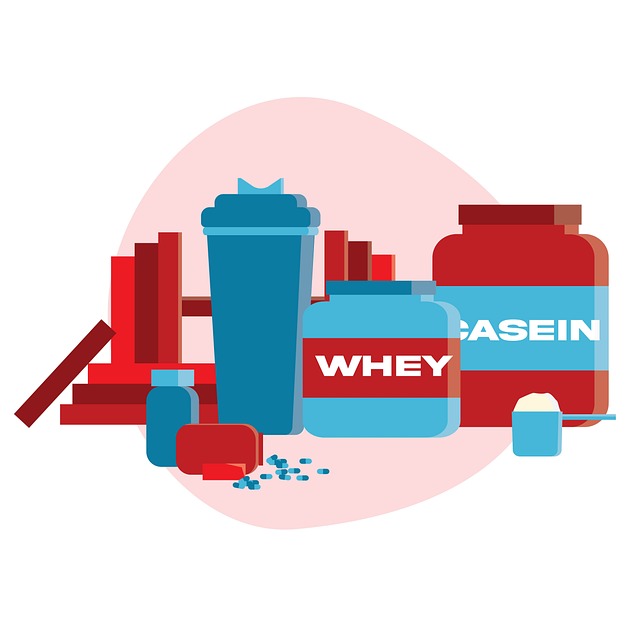Neuroplasticity-Driven Wellness: Rewiring Your Brain for Optimal Health
Imagine if you could literally reshape your brain to enhance your well-being. What if the key to unlocking your full health potential lay not in fad diets or extreme workout regimens, but in the very structure of your mind? Welcome to the fascinating world of neuroplasticity-driven wellness, where cutting-edge neuroscience meets holistic health practices.

This discovery has profound implications for health and wellness. It suggests that we have far more control over our cognitive function, emotional well-being, and even physical health than previously thought. By harnessing neuroplasticity, we can potentially overcome negative thought patterns, manage chronic pain, and improve our overall quality of life.
The Mind-Body Connection Reimagined
The concept of the mind-body connection is not new, but neuroplasticity provides a scientific framework for understanding this relationship. Our thoughts and experiences physically shape our brain structure, which in turn influences our bodily functions. This bidirectional relationship means that by changing our mental habits, we can induce positive changes in our physical health.
For instance, studies have shown that mindfulness meditation can lead to increased gray matter density in brain regions associated with learning, memory, and emotional regulation. These structural changes correlate with improvements in stress management, immune function, and overall well-being. By engaging in practices that promote positive neuroplasticity, we can create a virtuous cycle of improved mental and physical health.
Neuroplasticity-Enhanced Exercise
Physical exercise has long been known to benefit both body and mind, but recent research suggests that we can amplify these benefits by incorporating neuroplasticity principles. Neuroscientists have found that novel and complex movements stimulate greater neuroplastic changes than repetitive exercises.
This has given rise to neuroplasticity-enhanced exercise programs that combine physical movement with cognitive challenges. For example, learning a new dance routine or practicing tai chi not only improves physical fitness but also enhances cognitive function by forming new neural pathways. These activities engage multiple brain regions simultaneously, promoting better brain health and potentially reducing the risk of neurodegenerative diseases.
Nutrition for Neural Health
Diet plays a crucial role in supporting neuroplasticity and overall brain health. Certain nutrients have been shown to enhance neural growth and protect against cognitive decline. Omega-3 fatty acids, found in fatty fish and flaxseeds, are essential for maintaining neuronal membrane fluidity and promoting synaptic plasticity.
Antioxidant-rich foods like berries and dark leafy greens help protect brain cells from oxidative stress, which can impair neuroplasticity. Additionally, foods high in flavonoids, such as cocoa and green tea, have been linked to improved cognitive function and increased neuroplasticity. By adopting a brain-healthy diet, we can provide our neurons with the building blocks they need for optimal plasticity and function.
The Role of Sleep in Brain Remodeling
Sleep is not just a period of rest; it’s a crucial time for brain remodeling and consolidation of neural changes. During sleep, our brains process and integrate the information we’ve encountered during the day, strengthening important neural connections and pruning unnecessary ones.
Research has shown that sleep deprivation can significantly impair neuroplasticity, leading to reduced cognitive function and emotional regulation. Conversely, getting adequate, quality sleep enhances our brain’s ability to learn and adapt. By prioritizing sleep hygiene and maintaining consistent sleep patterns, we can maximize our brain’s potential for positive neuroplastic changes.
Neuroplasticity Boosters for Daily Life
-
Engage in novel experiences regularly to stimulate new neural connections
-
Practice mindfulness meditation to increase gray matter density
-
Learn a new skill or language to challenge your brain
-
Incorporate complex movements into your exercise routine
-
Consume a diet rich in omega-3s, antioxidants, and flavonoids
-
Prioritize quality sleep to support neural remodeling
-
Use visualization techniques to strengthen neural pathways
-
Engage in social activities to stimulate emotional and cognitive plasticity
As we continue to unravel the mysteries of neuroplasticity, it’s clear that our brains hold tremendous potential for growth and adaptation. By embracing neuroplasticity-driven wellness practices, we can take an active role in shaping our mental and physical health. The power to rewire our brains for optimal well-being lies within us, waiting to be harnessed through mindful living, continuous learning, and holistic health practices. As we move forward, let’s embrace the plasticity of our brains and unlock our full potential for health and happiness.






